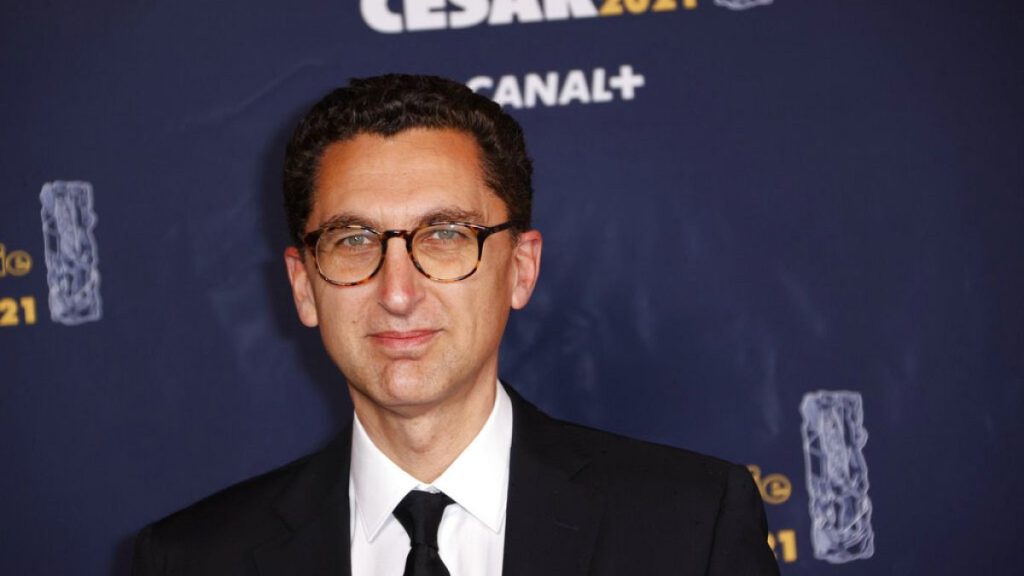Canal+, the prominent French media company owned by Vivendi, has announced its intention to withdraw its paid channels from terrestrial television in France, effective June 2025. This decision marks a significant shift in the company’s broadcasting strategy and follows a series of regulatory and financial challenges that have strained its relationship with the French government and its broadcasting authorities. The company cites an “increasingly restrictive tax and regulatory environment” as the primary driver behind this move, specifically highlighting the loss of its popular C8 channel from terrestrial broadcasting and disputes surrounding value-added tax (VAT) and levies paid to the National Cinema Centre (CNC). This withdrawal represents a strategic recalibration for Canal+, potentially prioritizing its digital and satellite platforms in the evolving media landscape.
The non-renewal of C8’s terrestrial license by the French broadcast regulator, Arcom, served as a major catalyst for Canal+’s decision. Arcom’s action stemmed from a series of infractions by C8, including the accumulation of €7.6 million in fines for breaching broadcasting standards, many related to controversial remarks made by presenter Cyril Hanouna. This regulatory sanction not only impacted C8’s reach but also highlighted the growing tension between Canal+ and the regulatory authorities, contributing to the company’s perception of a hostile regulatory climate. The loss of C8’s terrestrial presence likely factored heavily in Canal+’s cost-benefit analysis of continuing to operate on terrestrial television.
Further exacerbating the situation are ongoing disputes regarding taxation. Canal+ is currently embroiled in two separate tax-related conflicts with the French government. The first involves the application of VAT, with the government seeking to remove the reduced 10% VAT rate, typically applied to cultural goods and services, from some of Canal+’s activities. The government argues that certain Canal+ services should be subject to the standard 20% VAT rate. This change could result in a substantial adjustment fee of €655.6 million for Canal+. The second dispute concerns an alleged increase in the levy paid by Canal+ to the CNC, France’s national cinema centre. These financial pressures, coupled with the regulatory challenges, have created a challenging operating environment for Canal+ in the French market.
While Canal+ attributes its withdrawal from terrestrial television to these regulatory and financial pressures, some industry observers suggest that this move has been a long-term strategic consideration, irrespective of the recent challenges. Canal+ CEO Maxime Saada’s stance on terrestrial television has been somewhat ambiguous, with a gradual reduction in the renewal duration of Canal+’s terrestrial license. In 2023, Saada further curtailed the license validity period from three years to 18 months, signaling a potential shift away from terrestrial broadcasting. This gradual disengagement suggests a pre-existing strategy to transition away from terrestrial television, possibly in favor of focusing on more profitable platforms like satellite and digital streaming.
The timing of Canal+’s announcement, just prior to its planned listing on the London Stock Exchange, raises further questions about the company’s motivations. The anticipated market capitalization of between €6 billion and €8 billion would make it the largest primary listing in London since 2022. This move to list on the London Stock Exchange could be interpreted as a strategic repositioning within the broader European media market, potentially seeking a more favorable investment climate and diversifying its investor base. The withdrawal from terrestrial television, coupled with the London listing, suggests a broader strategic recalibration for Canal+ as it navigates the changing media landscape.
In conclusion, Canal+’s decision to cease terrestrial broadcasting in France represents a significant turning point for the company. While Canal+ cites regulatory pressures and tax disputes as the primary reasons, the gradual reduction in terrestrial license renewals and the timing of the announcement, coinciding with its London Stock Exchange listing, suggest a more complex strategic shift unfolding. By withdrawing from terrestrial television, Canal+ appears to be prioritizing its digital and satellite offerings, potentially aiming to streamline operations, reduce costs, and position itself for future growth within the evolving media ecosystem. The long-term implications of this decision for both Canal+ and the French media landscape remain to be seen.














